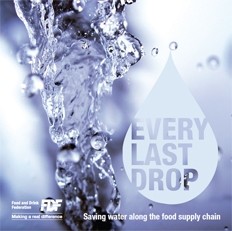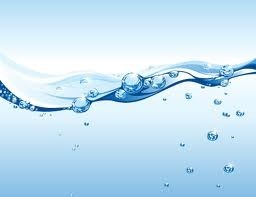Forget carbon footprints, water’s the next worry

With a 40% gap between water supply and demand projected by 2030, it's certainly an issue that the world's biggest food manufacturer, Nestlé, reckons is even more pressing than carbon footprints. "I believe we will run out of water potentially before we run out of oil," said Nestlé chairman Peter Brabeck-Letmathe. Or, as Sheppard succinctly put it: "Water is the new carbon."
The trouble is that developing robust methodologies for measuring water footprints are likely to prove as difficult as it has for carbon. It was to solve this issue that the Water Footprint Network was set up in 2008, with the support of Nestlé and many other organisations and companies.
Speaking at the IGD think tank's annual convention in London last month, Nestlé UK chief executive, Paul Grimwood, described what his company had done to reduce its water consumption among a raft of other environmental initiatives over the past year or so. He said: "The number one management challenge for myself and my team at Nestlé is actually sustainability."
He referred to the Federation House Commitment (FHC) established by the Food and Drink Federation to reduce the food and drink sector's overall water usage by 20% by 2020. Given the results achieved to date by Nestlé and fellow FHC signatory, fish processor Young's in Grimsby, which has cut its water consumption already by 30% against a 2007 baseline, the FHC targets are starting to look decidedly unambitious.
"In the last year we have made great inroads by reducing [water] by 5.3%, so we are making progress." he said. "But I would actually like to challenge everybody, including Nestlé: are we really doing enough?" asked Grimwood "We set an embarrassing target for 2020 of reducing total water usage in the business by 30% and at the end of 2009 we had actually reduced our total water usage by 27%."
At its Cappuccino dairy at Dalston in Cumbria, Nestlé has invested £845,0000 in an advanced water treatment facility, which has reduced water usage and waste charges each by one-third. At the same time it has been able to reduce the cost of milk coming in by supplying fertiliser by-product from the treatment free to its farmers.













